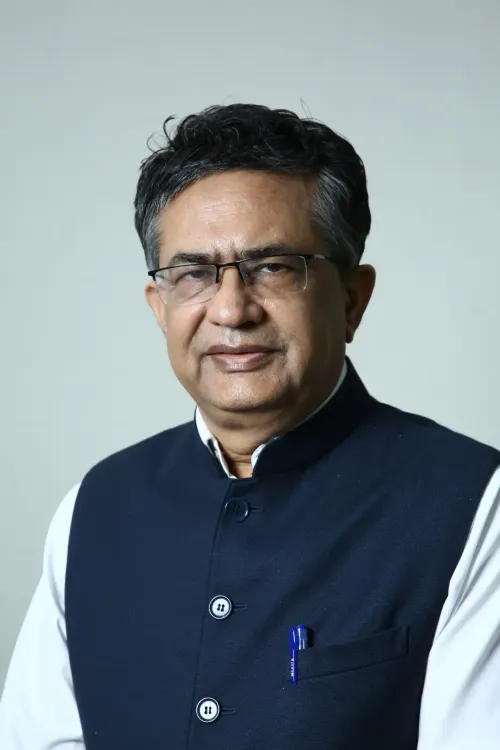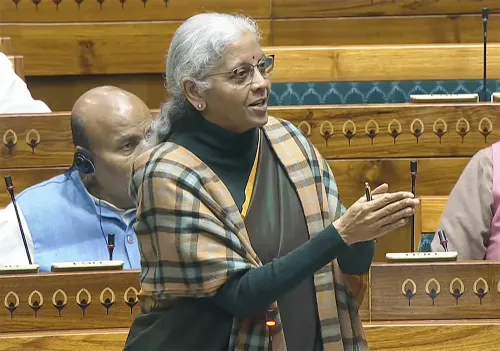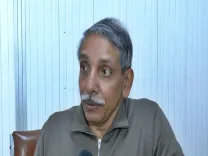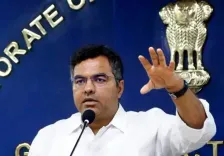A Significant Portion of Indians are Long-Term Investors; Volatility is a Natural Aspect of Economic Growth: NSE CEO

Synopsis
Key Takeaways
- Only 2% of Indian market participants actively trade derivatives.
- The majority are focused on long-term investments.
- Technological advancements are changing wealth creation dynamics.
- Volatility reflects economic progress, not weakness.
- The US dollar is expected to remain the dominant global currency.
New Delhi, March 18 (NationPress) Out of 110 million market participants in India, only 2 percent engage in active trading of derivatives, while the majority focus on long-term investments, according to Ashishkumar Chauhan, Managing Director and CEO of the National Stock Exchange (NSE). This highlights the burgeoning culture of disciplined and sustainable investing in the nation.
During a recent panel discussion in Singapore, Chauhan debunked the myth that India's stock market is predominantly influenced by speculative trading.
Traditionally, the accumulation of wealth relied heavily on substantial financial investments, but Chauhan emphasized that technological innovations are transforming these dynamics.
“With AI, blockchain, and digital platforms enabling businesses to expand with minimal capital, the economic paradigm is transitioning away from conventional capital-heavy frameworks,” stated the NSE CEO.
He pointed to India's thriving startup ecosystem and the emergence of micro-IPOs as evidence that wealth generation is no longer confined to major financial institutions.
Chauhan reinterpreted traditional views on financial stability, claiming that volatility should not be perceived as a flaw but rather as a fundamental characteristic of economic advancement.
He contended that market fluctuations are frequently the result of geopolitical developments as opposed to solely economic conditions. “Geopolitics consumes economics for breakfast,” he remarked, illustrating how global power dynamics are transforming financial markets in unforeseen ways.
On the subject of the future of global currencies, Chauhan asserted that, despite discussions about alternatives, the US dollar will maintain its supremacy.
“Post-World War II, the US strategically established the dollar as the world’s reserve currency, and no other nation is presently capable of assuming that role,” he noted. While economic transitions may challenge US dominance, the core structure upholding the dollar remains robust, positioning it as the default for global trade and investment.
Chauhan also addressed the growing risks posed by cyber warfare within financial markets.
He disclosed that stock exchanges face continuous threats from cybercriminals, emphasizing the critical need for digital security in the financial realm.
The advent of deepfake technology has further complicated this situation, with deceptive videos influencing investor perceptions and jeopardizing financial integrity. He urged regulators and institutions to proactively adapt to these evolving threats to sustain confidence in capital markets.










